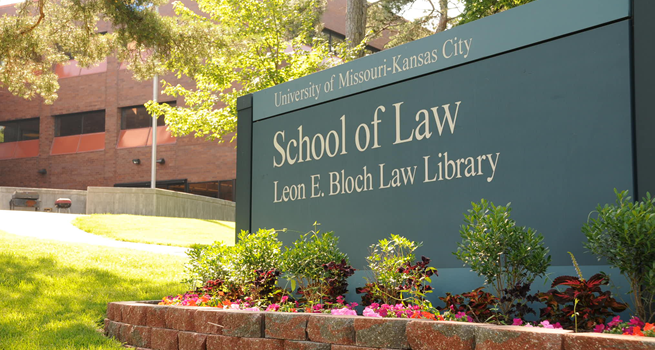UMKC Law Professor Allen Rostorn predicts that the U.S. Supreme Court will overturn affirmative action.
“I do think there’s a good chance that the Supreme Court will rule that way,” said Professor Rostorn. “It just shows how it is difficult to predict the consequences of these sorts of things.”
On June 24, 2022, the Court overturned Roe v. Wade, a court decision that protected abortion rights.
In lieu of this decision, there’s now talk that a sweeping ruling on affirmative action could be next due to the court’s more conservative leanings.
Affirmative action brings diversity to universities, including UMKC, in several ways.
“Just in terms of admissions at a lot of schools, most schools have an affirmative action program that tries to enhance the diversity of the students. And so, it has an impact on the people being admitted,” said Professor Rostorn.
The history behind affirmative action is complicated. Affirmative action is a set of policies that President John F. signed into law in 1961. This set of policies protects all citizens from several forms of discrimination including race. Three years later the Civil Rights Act was signed into law.
Affirmative action is most often recognized as a policy used at universities as a diversity tool. It’s based on scholarships, admission status, and in some cases, admission acceptance.
Affirmative action has loopholes that have resulted in numerous court cases over the years.
In 2014, for example, Students for Fair Admissions filed a lawsuit against Harvard University for discrimination towards Asian American students.
SSFA represented a group of anonymous rejected Harvard applicants that claimed the university utilized a soft racial quota. One of the trends mentioned in the case was that the university maintained a small percentage of admitted Asian American students among the collegiate population. SSFA speculated that the group of students were rejected due to the racial cap.
The Massachusetts federal district court ruled that Harvard’s admissions did not discriminate against Asian American students.
Earlier this year SSFA filed an appeal through the U.S. Court of Appeals for the First Circuit. Since its appeal, the Supreme Court has shown interest in viewing the case due to the possible violation of the 14th Amendment and Title VI of the Civil Rights Act of 1964.
In terms of UMKC, there are several resources that assist and protect students through their college experience. Those include specific financial assistance and scholarships.
In an effort to understand this effect, Roo News reached out to UMKC’s Title XI office for comment about affirmative action. Director of Strategic Communications, Jill Jess, replied “In regard to your questions, UMKC does not make admissions decisions based on race. Therefore, the pending Supreme Court case would not affect our school.”
Lttrzd@mail.umkc.edu








